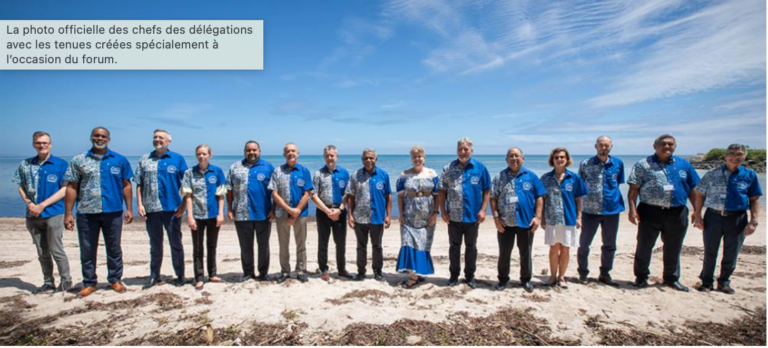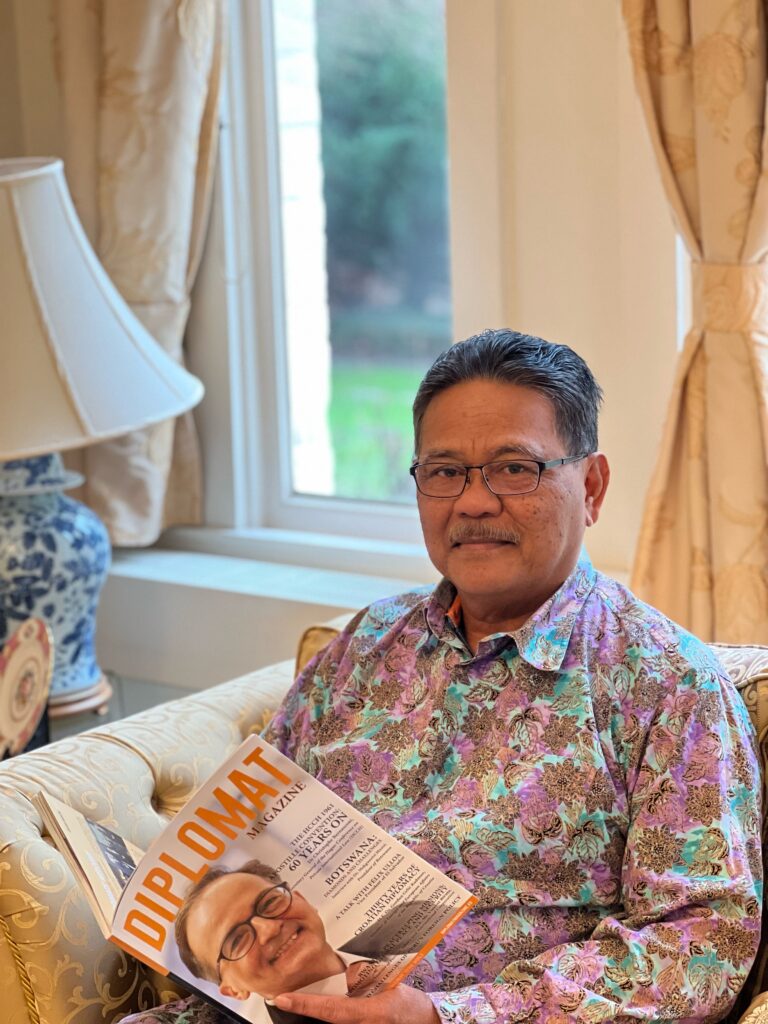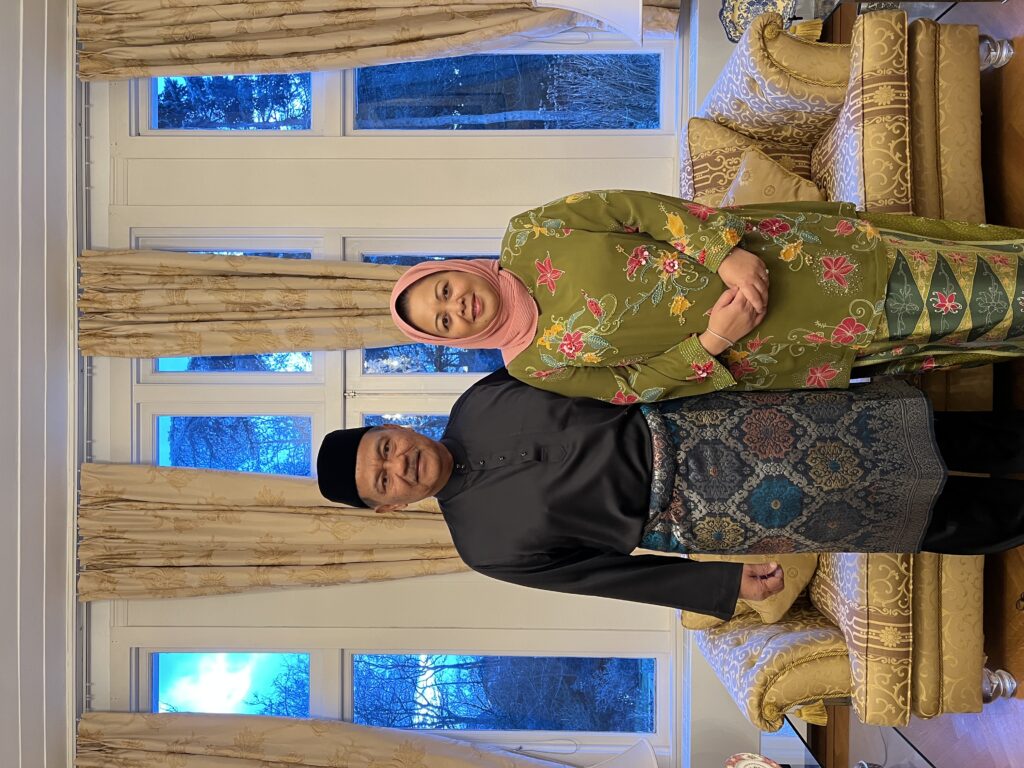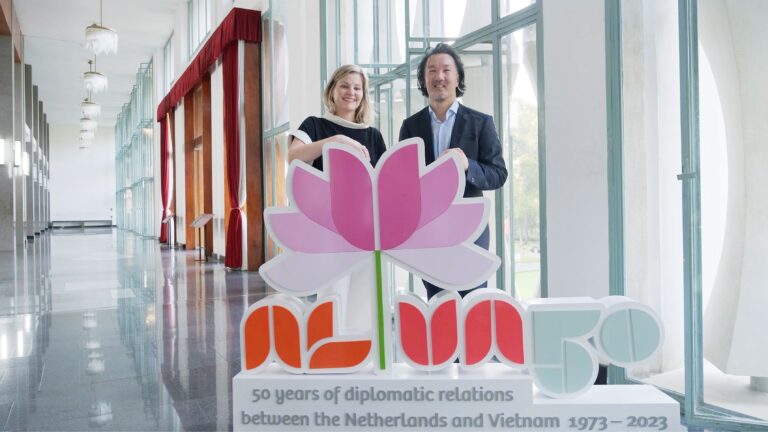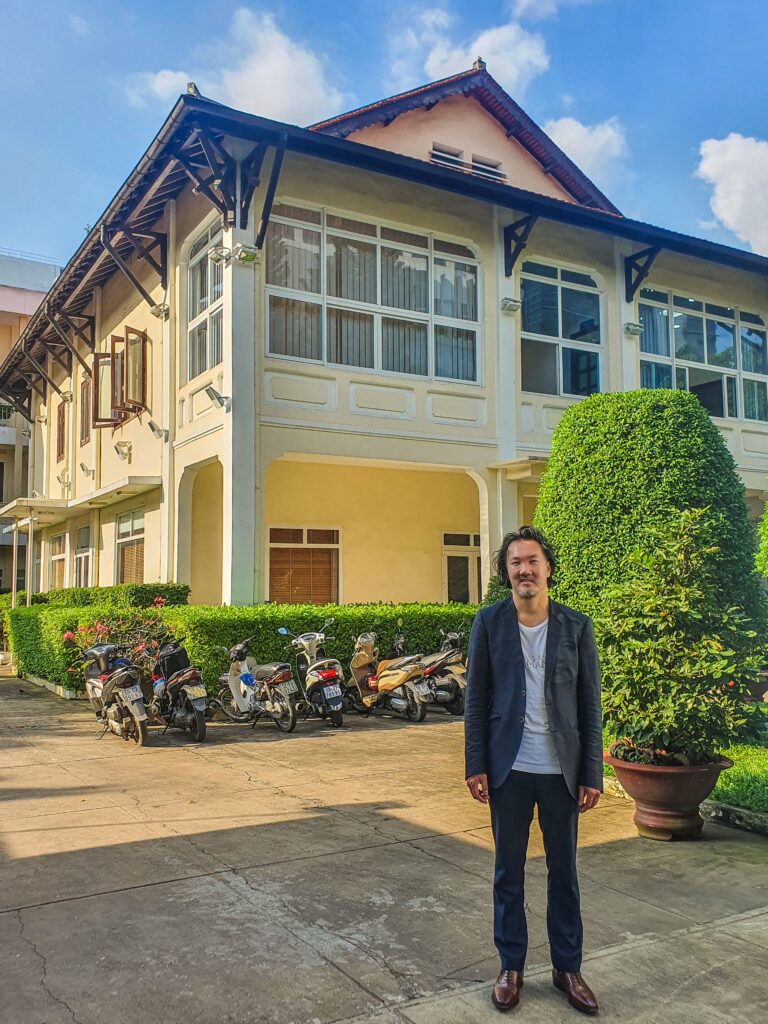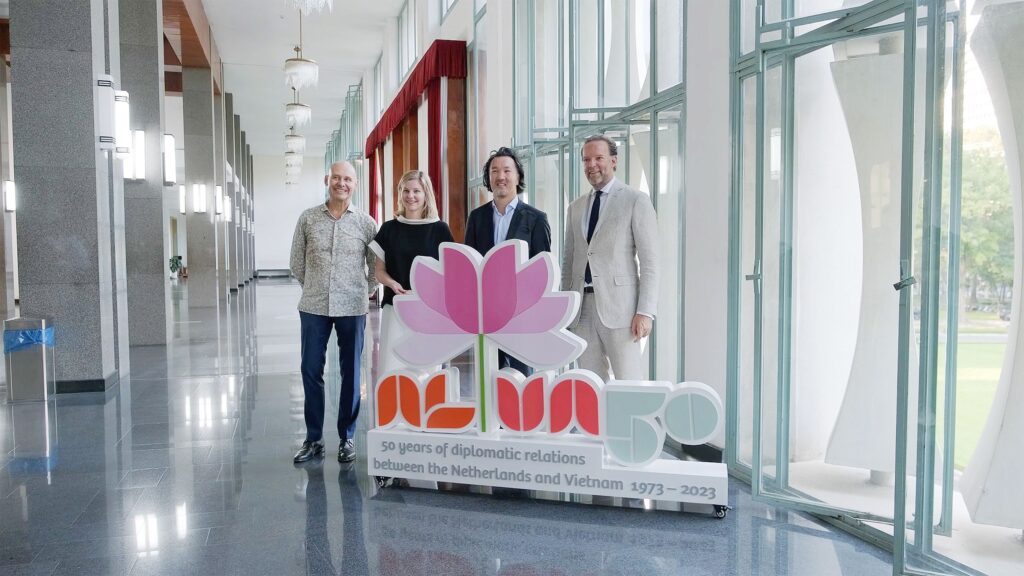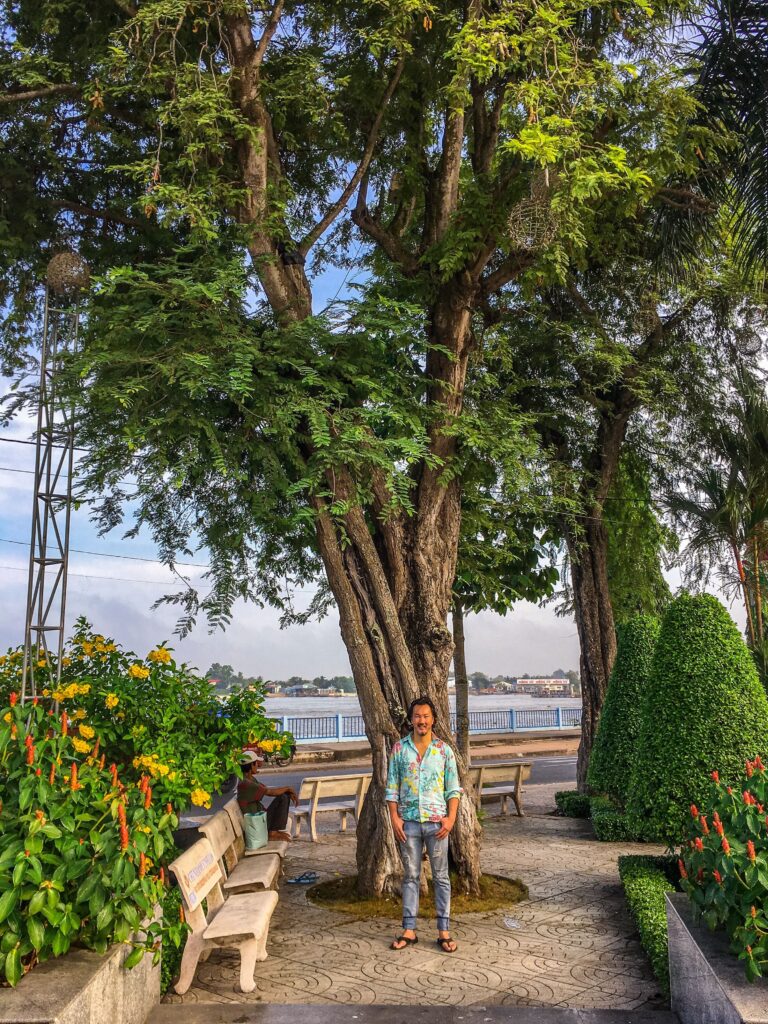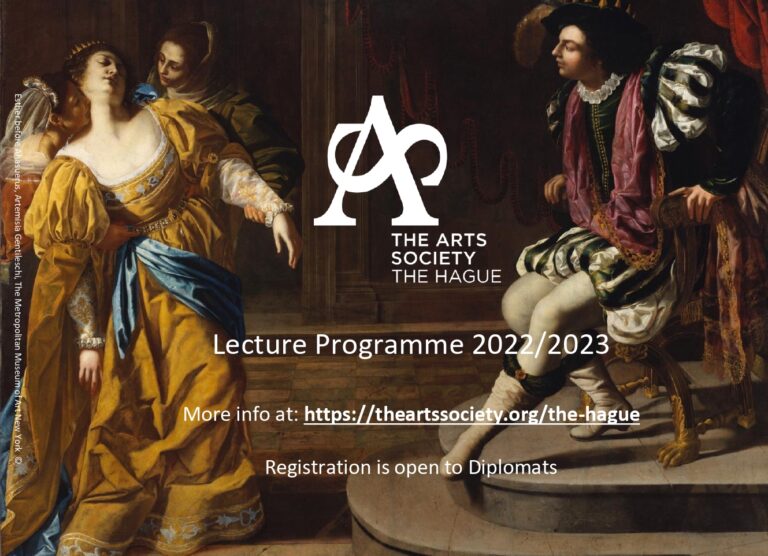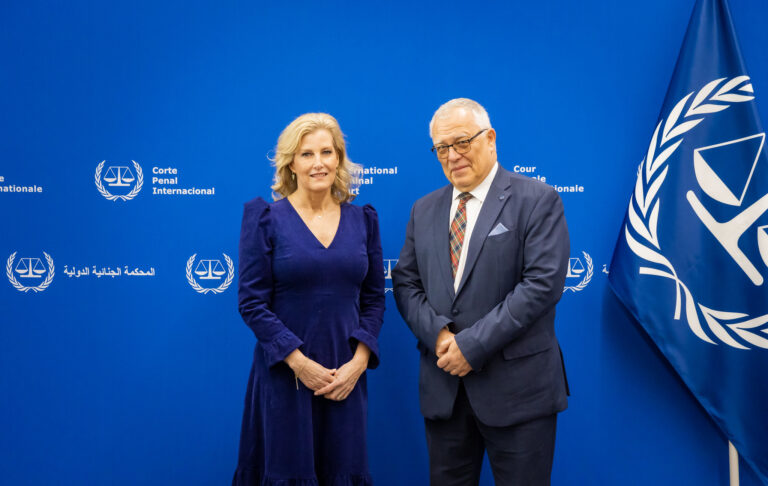By Corneliu Pivariu
The geopolitical evolutions in the Middle East marked by the so-called “Arab Spring”, the conflict in Yemen, the threat represented by the Iranian nuclear program and other global geopolitical developments determined United Arab Emirates (UAE) to take some important steps for modernizing and improving its intelligence services starting with the middle of the last decade[1].
As demonstrated by the evolutions of modern intelligence services, the countries enjoying considerable financial resources as it is the case of UAE are developing predominantlly their technical segments such as Signal Intelligence and more recently Artificial Intelligence (AI). This is due to the fact that getting certain important results by using technical means for acquiring information is relatively faster and safer as compared to using information gathered by human sources (HUMINT), which requires longer time for readying and exploiting such capabilities[2].
Besides enhancing its intelligence technical capabilities, UAE continued as well to encourage the development of the private sector of security especially in the cyber field, under a relatively tight government control of these activities indeed. Nevertheless, some slippages occured such as the Raven Project[3] (the Emirati company Dark Matter was embroiled among others), which triggered a FBI investigation for the use of certain activities of digital espionage leading to arresting foreign dissidents, besides a certain degree of involvement in Jamal Khashoggi’s assassination, gathering information about Gulf monarchies and other Middle Eastern countries.
UAE further enhanced the capabilities of the National College of Defence, headed presently by Maj. Gen. Aqab Shahin Al Ali, and having Thomas Drohan as Dean (he was preceded by John R. Ballard, the College’s first Dean). Joel Hayword’s name, considered an important international specialist in the field of military strategy and history of war, a New Zealander, is mentioned at one of the College’s faculties.
National Electronic Security Authority (established in 2012 with the US assistance) headquartered in Abu Dhabi was renamed Signal Intelligence Agency (SIA). The Authority is the counterpart of NSA in the US and penetrating ISIS in UAE was one of its achievements. At the same time, there were suspicions that the Authority or other Emirati intelligence services were involved in using ToTok App for recording certain conversations, relations, meetings and pictures of the general public in the Emirate.
For the 2022-2026 Five Year Plan, the UAE’s approved cyber budget amounts to 79 billion dollar, the biggest in the country’s history. According to Global Security Index 2020, UAE ranks 5th in the world.
Financial Intelligence Unit (UAEFIU) is another important institution headed presently by Ali Faisal Ba’Alawi. The name dates back to 2019 and it is in fact the continuation of an organization established in 1998 by the UAE Central Bank as a special investigation unit of fraud and suspicious transactions, renamed Anti-Money Laundering and Suspicious Cases Unit in 2002.
Although it is not part of the established field of the intelligence services, it is worth mentioning that UAE created a ministry of Artificial Intelligence, more precisely the Ministry of Artificial Intelligence, Digital Economy and Remote Work Applications, headed by Omar Sultan al Olama.
Sheikh Mohammed bin Rashid Al Maktoum, Vice-President and Prime Minister of UAE declared that “we want UAE to become the best prepared country in the world in the field of Artificial Intelligence”, and an ambitious program for 2031 was launched to this purpose.
The program will have an important impact on the evolution of the Emirati intelligence services as well.
Last but not least, we notice a strengthening of the relations with intelligence services of other states, notably Turkey, Saudi Arabia, Israel, USA and maintaining good relations with correspondent services of countries such as Egypt, Russia, China and other.
In the development of the intelligence services activities, UAE hire experts among the specialists in the field from other countries, especially retirees in states like USA, Great Britain and other who are enticed with attractive salaries.
[1] See https:// diplomatmagazine.eu/2018/02/03/united-arab-emirates-modernizes-intelligence-services/
[2] It is generally estimated that training a HUMINT intelligece officer lasts 10 to 15 years.
[3] See https://www.reuters.com/investigates/special-report/usa-spying-raven/



